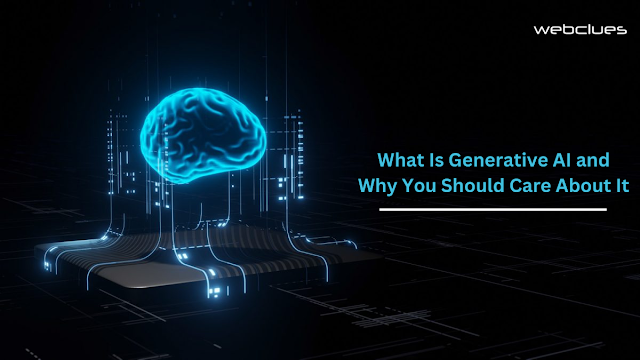At its core, GenAI utilizes advanced algorithms, particularly deep learning models, to mimic and replicate human-like creative processes. These algorithms are trained on massive datasets to learn patterns, styles, and structures, enabling them to produce novel outputs. One of the prominent examples of GenAI is OpenAI's GPT (Generative Pre-trained Transformer) series, including GPT-3, which powers applications ranging from content creation to natural language understanding.
One significant area where GenAI shines is in content creation. It can generate realistic images, write coherent and contextually relevant text, and compose music that resonates with human emotions. This has implications for industries such as advertising, entertainment, and design, where creative output plays a pivotal role. By automating and augmenting creative processes, GenAI can increase efficiency, reduce costs, and open up new possibilities for innovation.
In the realm of natural language processing, GenAI excels at understanding context, generating human-like responses, and even engaging in meaningful conversations. This has given rise to chatbots and virtual assistants that can interact with users in a more intuitive and human-like manner. The potential applications extend beyond customer service to include content creation, language translation, and even collaborative writing, where AI systems can assist and enhance human creativity.
One of the key reasons to care about generative artificial intelligence is its impact on personalization and customization. As these systems become more sophisticated, they can tailor their outputs based on individual preferences, creating a highly personalized user experience. This has implications for online platforms, marketing strategies, and content delivery, as generative AI enables the creation of content that resonates with specific target audiences, ultimately improving engagement and user satisfaction.
However, with great power comes ethical considerations. The ability of GenAI to create highly realistic and convincing content raises concerns about misinformation, deepfakes, and the potential misuse of this technology. It becomes imperative to establish ethical guidelines, regulations, and safeguards to mitigate the risks associated with malicious intent and unintended consequences.
In conclusion, GenAI is a transformative force with the potential to redefine creativity, personalization, and human-machine interactions. Its applications span across various industries, promising increased efficiency, innovation, and customization. As technology continues to advance, individuals, businesses, and policymakers must stay informed and actively participate in shaping the ethical framework surrounding GenAI. By understanding and embracing this technology responsibly, we can harness its benefits while mitigating potential risks, ensuring a future where generative AI contributes positively to the way we live, work, and create. For advanced GenAI solutions and to explore the possibilities for your business, connect with Webclues Infotech.


0 Comments